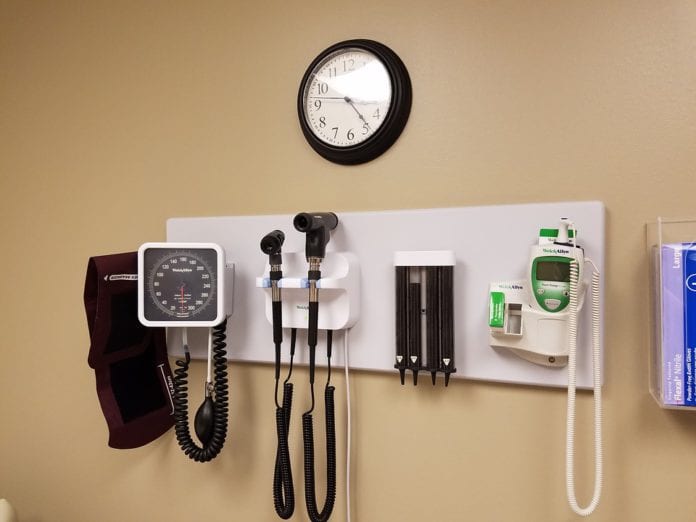People who attend religious services frequently are less likely to support a doctor ending a person’s life (euthanasia) due to having a painful incurable disease, a NUI Galway study has found.
These people are less likely to believe any health state is being worse than dead, regardless of severity.
The study was carried out by researchers from the J.E. Cairnes School of Business and Economics at NUI Galway and Queen’s University Belfast, and was recently published in the journal, Health and Quality of Life Outcomes.
Luke Barry, one of the lead researchers of the study, said: “Ireland has undergone significant social and cultural changes in recent decades, this research points to the potential ramifications of such changes including in less obvious quarters such as the allocation of healthcare resources.
“How we compare alternative uses of healthcare resources, for example, one treatment over another, in terms of their relative value for money is contingent on how we ‘value’ health.
“Our research highlights that these values appear to be related to our beliefs and attitudes which can change over time.”
The researchers collected information on a group of 160 individuals’ attachment to religious beliefs and their attitudes to euthanasia in Ireland.
This NUI Galway research adds to the growing literature on the relationship between religious beliefs and health state values, including qualitative work undertaken by UAE University in collaboration with the Office of Health Economics, in Poland and the Netherlands.











